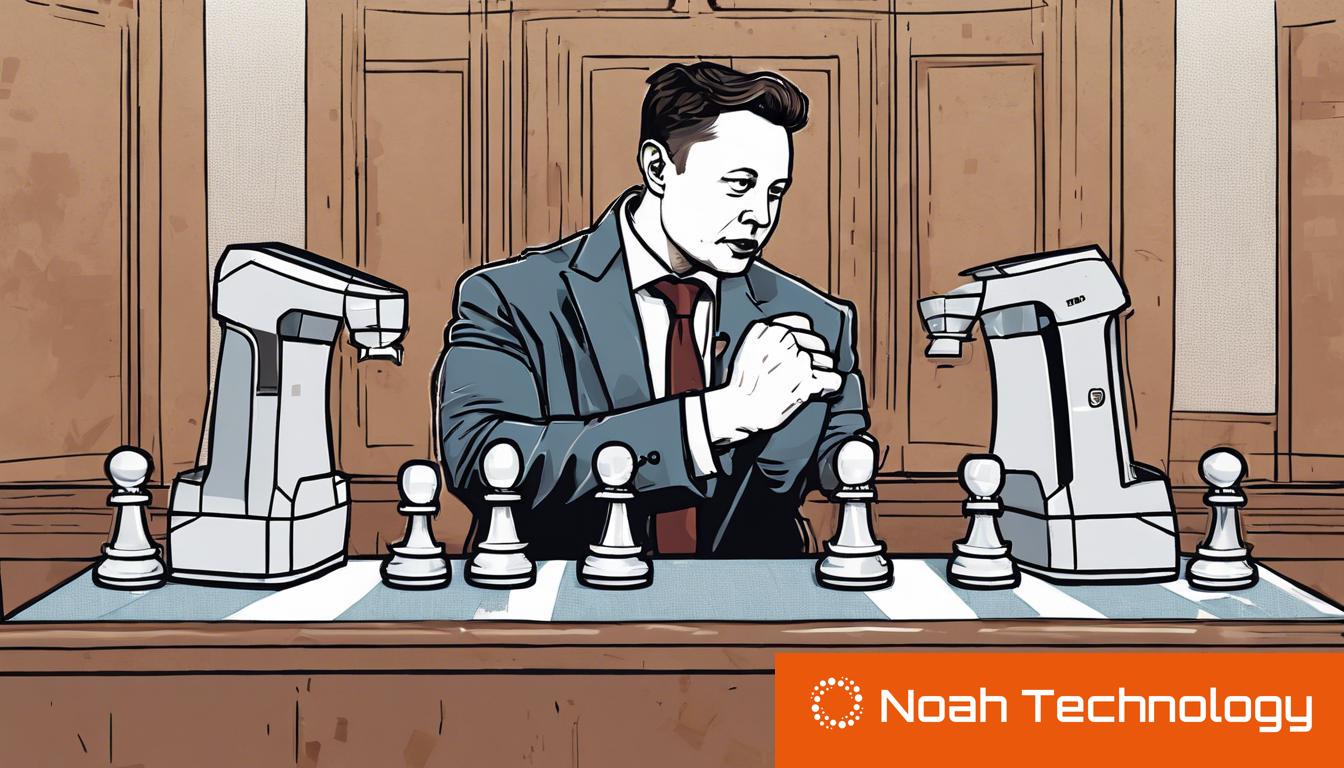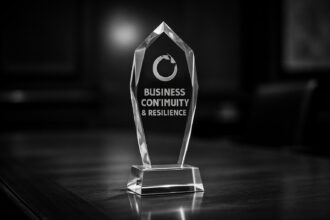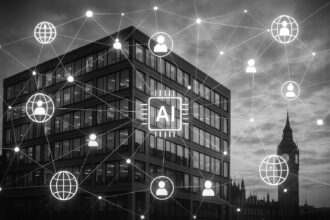Tech mogul Elon Musk has taken legal action against AI pioneer OpenAI, alleging the company has strayed from its original non-profit goals towards commercial pursuits. The lawsuit, highlighting broader concerns around AI ethics, calls for OpenAI to return to its foundational ethos.
Elon Musk, the well-known tech entrepreneur behind successes like Tesla and SpaceX, has initiated legal proceedings against OpenAI, the entity behind the AI model ChatGPT, citing a deviation from its foundational goal of benefiting humanity towards prioritizing profit generation. The lawsuit, filed in the San Francisco Superior Court, accuses OpenAI of breaching its original non-profit, open-source ethos following a shifting focus linked to its partnership with Microsoft. Musk, who severed ties with OpenAI’s board in 2018 due to potential conflicts with Tesla’s AI ambitions, asserts that the company has neglected its mission of fostering artificial general intelligence (AGI) for societal good, instead transforming into what he alleges is a profit-driven entity under Microsoft’s influence.
This legal confrontation has emerged amidst increasing concern over the ethical development and expansion of AI technologies, showcasing the tensions between commercial imperatives and the broader societal implications of AI. Musk is demanding that OpenAI revert to its original mission, seeking a court mandate to ensure the organization’s research and advancements remain publicly accessible and not exploited for commercial gains. This action parallels Musk’s ongoing efforts through his own AI initiative, xAI, aimed at creating a truth-oriented artificial intelligence solution in contrast to existing models.
In response to Musk’s accusations and amidst heightened antitrust scrutiny in both the US and UK, OpenAI has announced plans to introduce new board members in March. The legal debate underscored by Musk’s lawsuit against OpenAI and its CEO, Sam Altman, illustrates the intricate balance between innovation, commercialisation, and ethical responsibility within the rapidly evolving AI industry.













